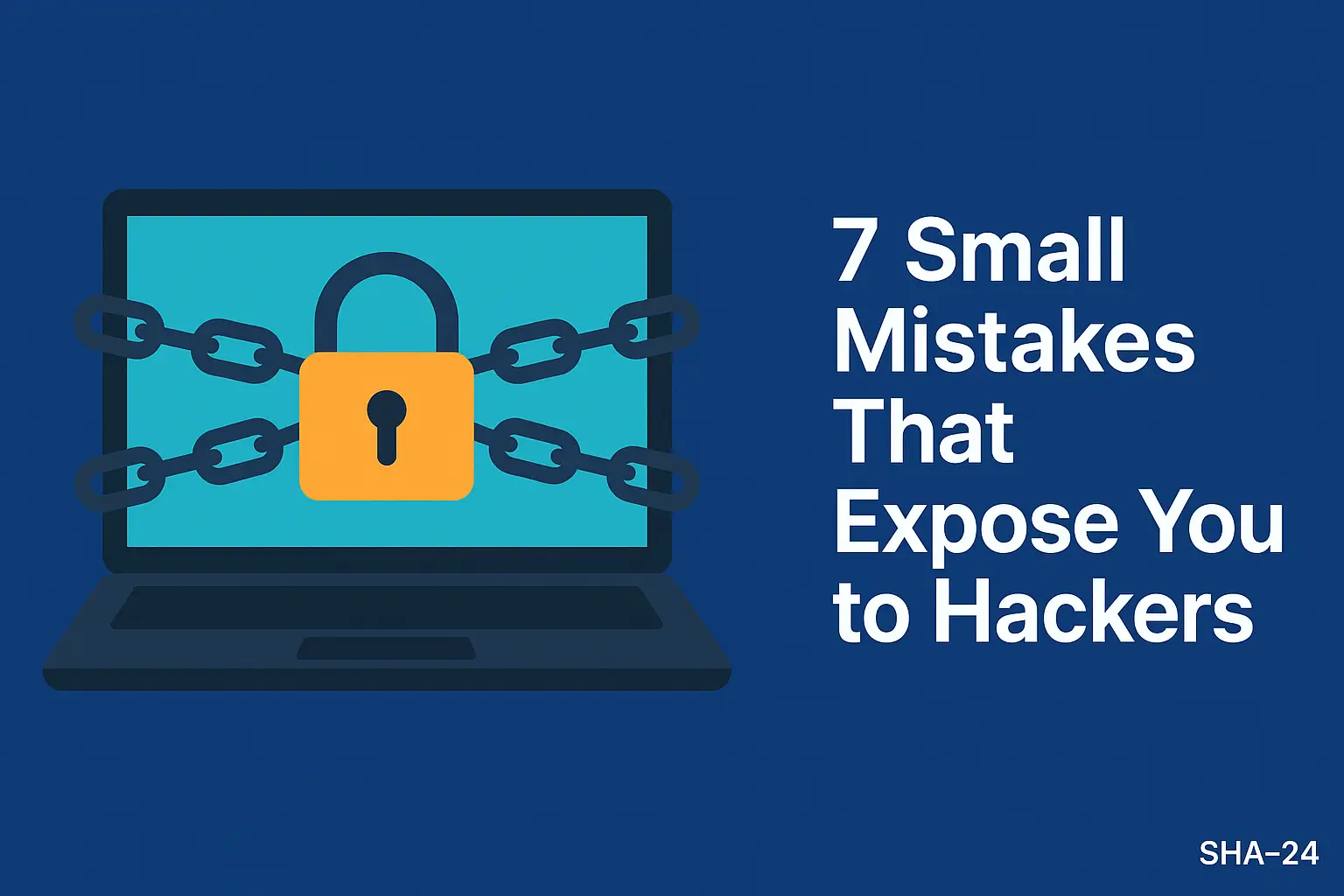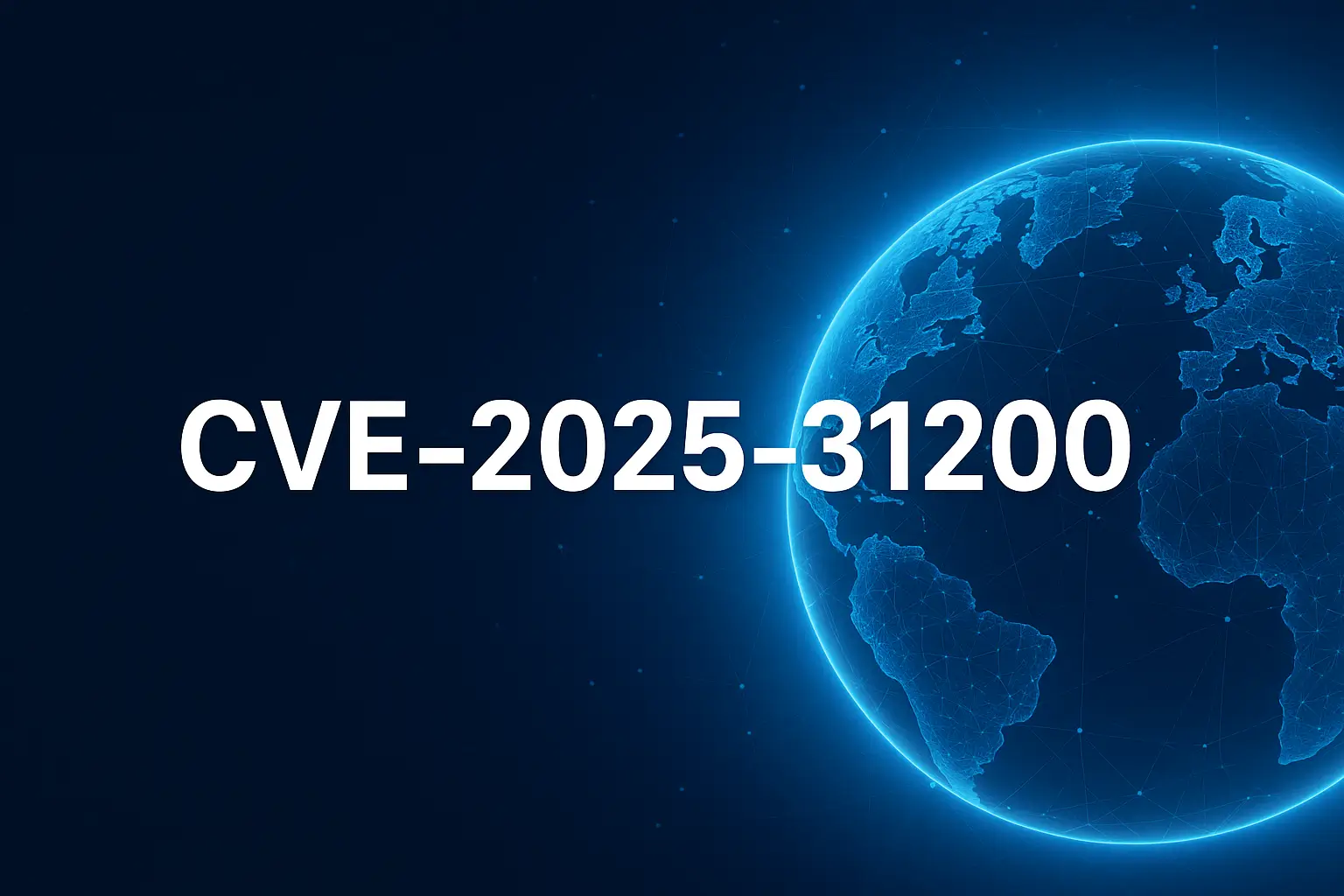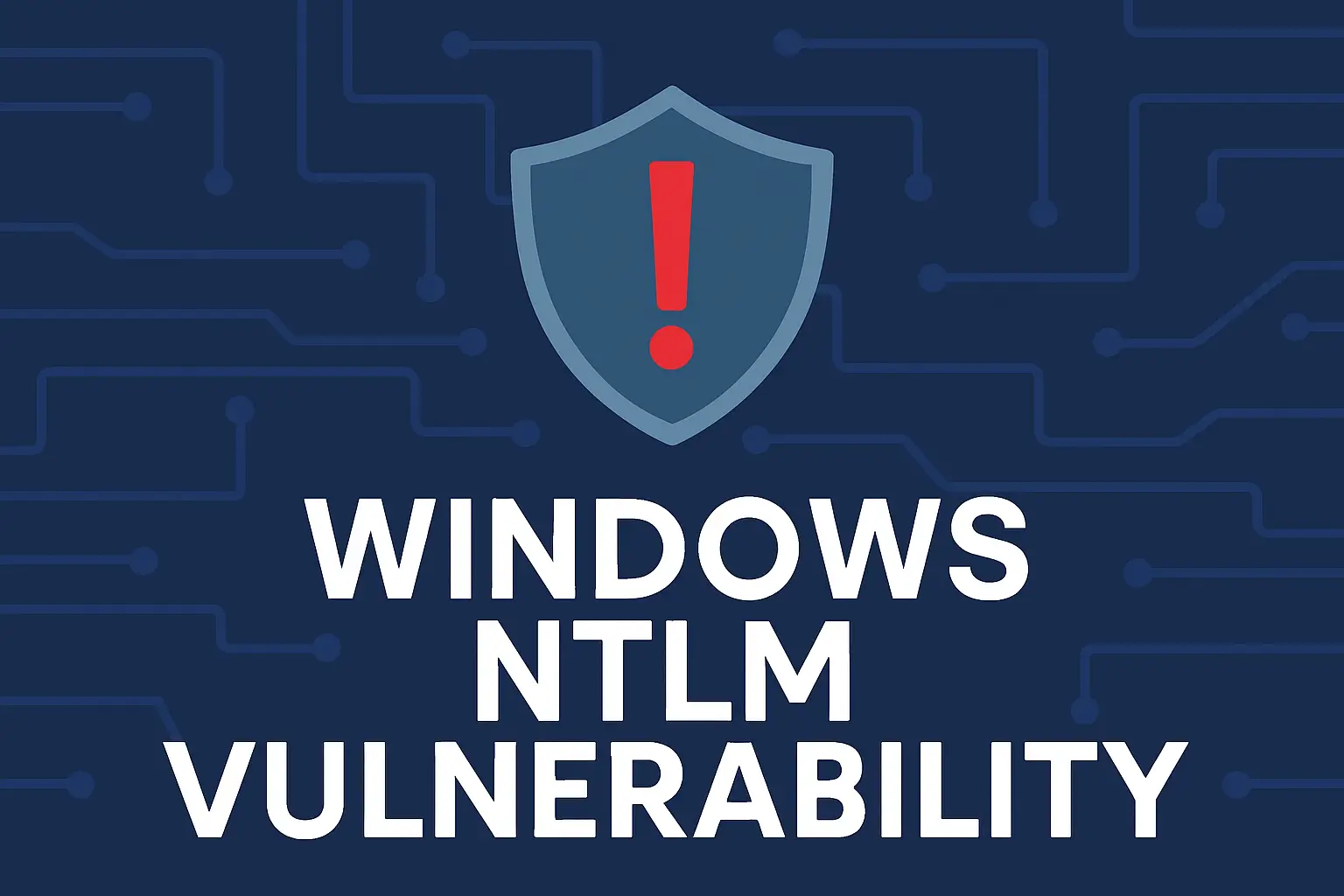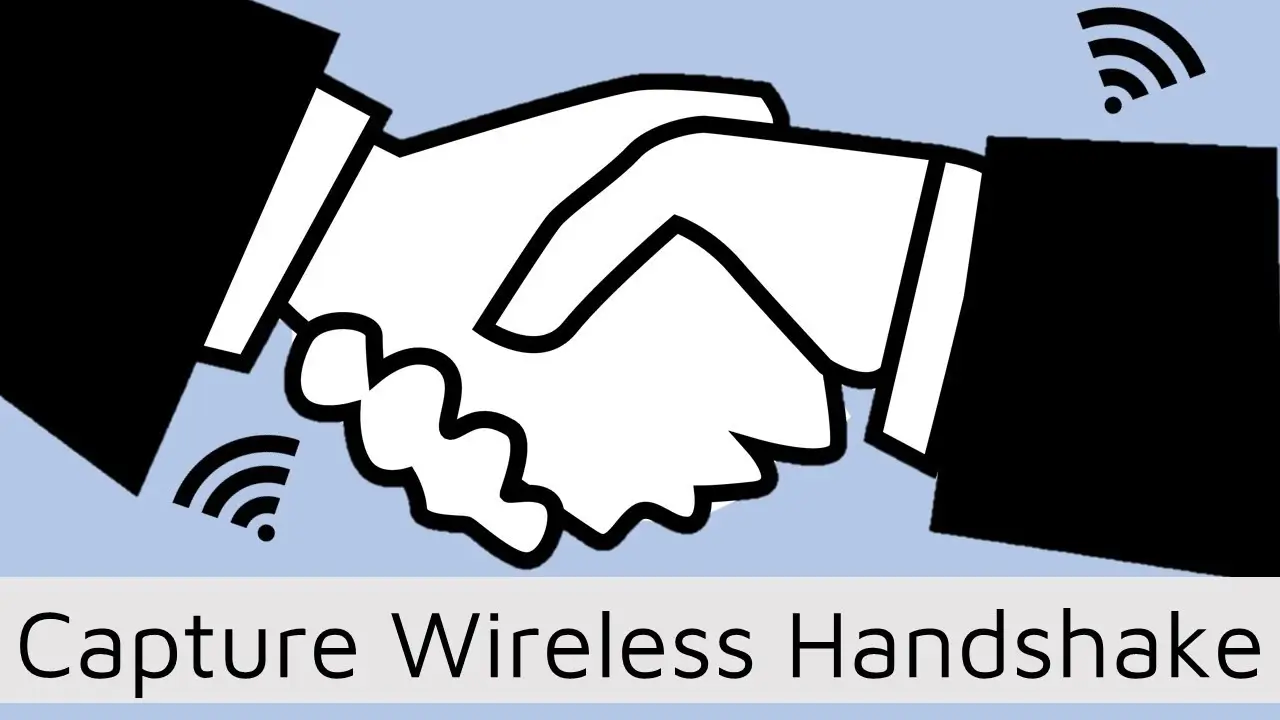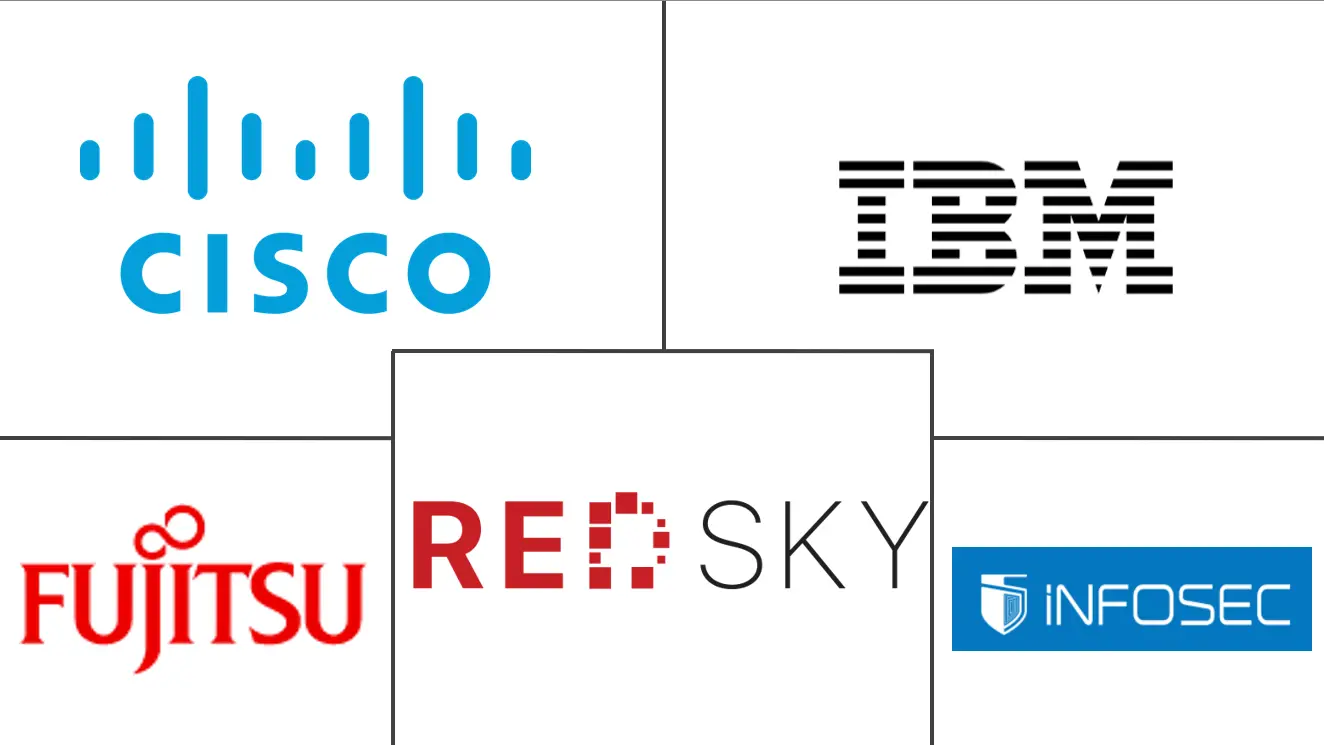Published on May 24, 2025
What Happens When Your Data Leaks on the Dark Web
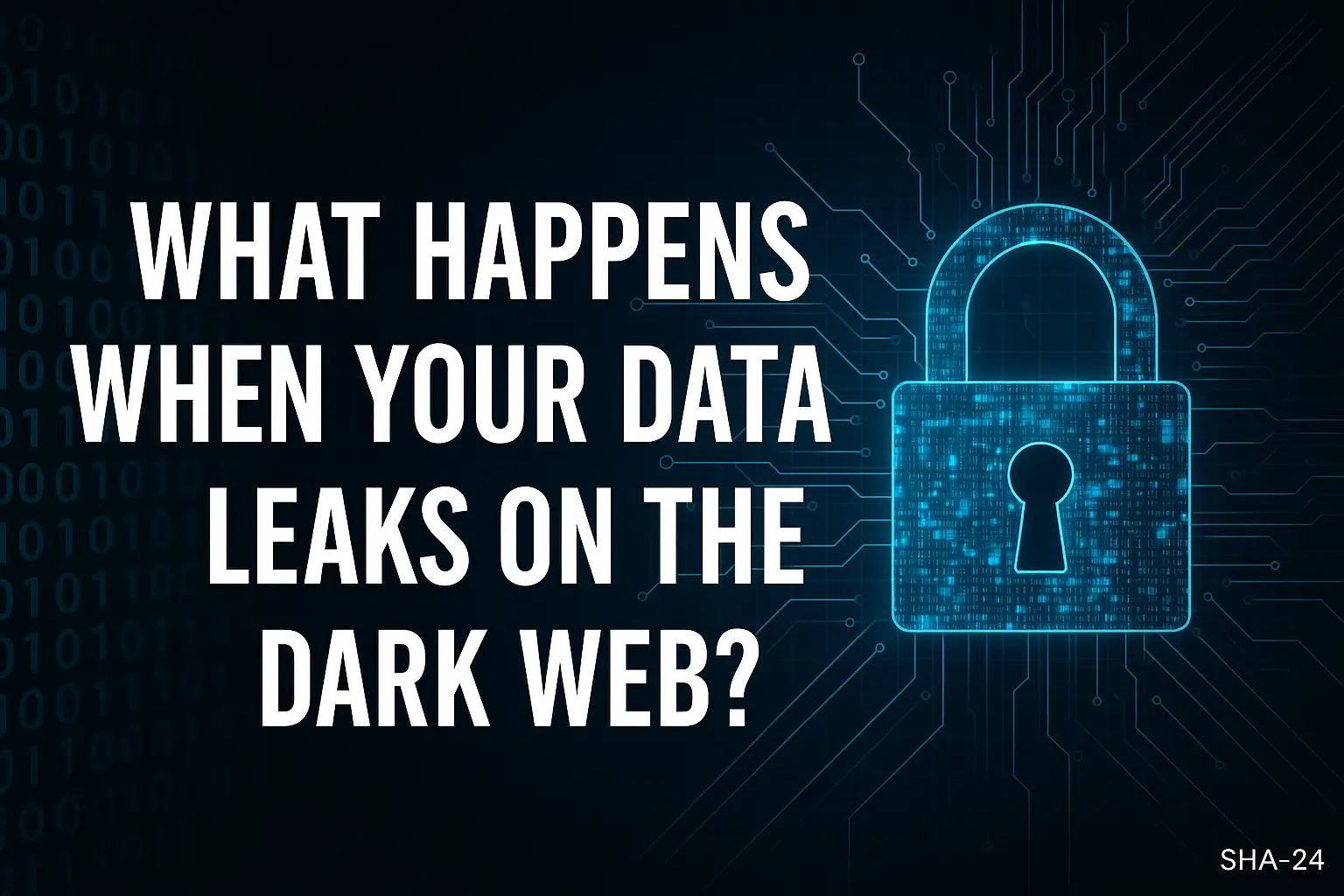
Once your data appears on the dark web, the consequences can be swift and severe. Here’s what usually happens:
- Your Identity Becomes a Commodity
Cybercriminals often package and sell leaked data in bulk. Your email, password, credit card details, and even passport information can be auctioned off to the highest bidder.
- Identity Theft
With your information, criminals can impersonate you to open bank accounts, apply for loans, commit tax fraud, or even commit crimes in your name.
- Financial Theft
Your financial accounts could be drained within minutes. Even if banks and credit card companies offer protection, recovering stolen funds can be a long, exhausting process.
- Reputation Damage
If sensitive personal information (like private emails, photos, or communications) is leaked, it can damage your personal and professional relationships.
- Continuous Threats
Once your data is leaked, it often stays online indefinitely. Criminals might continue using it—or resell it multiple times—years after the initial breach.
Real Consequences of Data Breaches
Let’s take a closer look at real-world outcomes:
- Account Takeovers
Hackers use your credentials to take over your social media, email, and bank accounts. They might demand a ransom or use your accounts to scam others.
- Employment Risks
Job seekers have lost employment opportunities because leaked information revealed something controversial or outdated about them.
- Targeted Phishing Scams
Once criminals have your partial information (like your name and email), they create highly convincing scams customized just for you.
- Medical Identity Theft
Stolen medical records can be used to obtain medical services under your name, racking up huge hospital bills or impacting your future healthcare eligibility.
Signs Your Data Is on the Dark Web
How can you tell if your information has been compromised? Look for these warning signs:
- Unfamiliar Account Activity
If you notice strange purchases or changes in your accounts, your data may be compromised.
- Password Reset Notifications
Receiving multiple password reset emails you didn’t request is a big red flag.
- Credit Report Errors
New accounts or unexplained credit inquiries may suggest someone is trying to use your identity.
- Spam and Scam Emails
A sudden surge in phishing emails could mean your email address was exposed.
- Notifications from Data Monitoring Services
If you’re using a service like LifeLock or have registered with HaveIBeenPwned, they will alert you when your information is found.
Steps to Take After a Data Leak
If you find out your data is on the dark web, act fast:
- Change All Passwords Immediately
Prioritize accounts tied to finances, emails, and social media.
- Enable Two-Factor Authentication (2FA)
Add an extra layer of security to your most sensitive accounts.
- Monitor Bank and Credit Card Statements
Check for unauthorized transactions and report them immediately.
- Freeze Your Credit
In the U.S., you can freeze your credit for free with all three major bureaus (Experian, TransUnion, Equifax).
- Report to Authorities
Notify the relevant authorities, especially if financial theft or identity fraud has occurred.
- Use Dark Web Monitoring Tools
Some services continuously scan the dark web for your data and can alert you if new breaches occur.
- Alert Your Contacts
If your email or social media was compromised, let your friends and family know so they don’t fall victim to scams using your identity.
How to Protect Your Data Proactively
Being proactive is key to reducing your exposure. Here’s how:
Strong Password Habits
- Use complex, unique passwords for every site.
- Change passwords regularly.
- Use a trusted password manager like Bitwarden or LastPass.
Also Read: 5 Signs Your Account Has Been Hacked (And How to Secure It)
Regular Software Updates
- Keep your operating system, apps, and antivirus updated.
- Updates often patch vulnerabilities that hackers exploit.
VPNs and Secure Networks
- Avoid public Wi-Fi or use a VPN when necessary.
- Use secure networks with strong passwords at home.
Educate Yourself
- Stay informed about the latest phishing tactics and scams.
- Participate in cybersecurity awareness programs if available.
Enable Security Alerts
- Most banks, apps, and services allow you to turn on security alerts.
- Enable text or email alerts for logins, purchases, and changes.
Frequently Asked Questions (FAQs)
Q1: Can I completely remove my data from the dark web?
A: Unfortunately, once data is leaked on the dark web, removing it is almost impossible. However, you can minimize the damage by acting quickly.
Q2: How do I check if my email or password was compromised?
A: Use services like HaveIBeenPwned to check if your email has been exposed.
Q3: Is it safe to access the dark web myself?
A: Accessing the dark web without experience is risky. You could accidentally download malware or fall victim to scams.
Q4: Should I hire a cybersecurity expert after a leak?
A: If sensitive information (like Social Security Numbers, bank accounts, or business secrets) was leaked, consulting a professional can be a wise investment.
Q5: Will using antivirus software protect me completely?
A: Antivirus helps, but no tool can offer 100% protection. Your best defense is a combination of strong habits, good tools, and vigilance.
Conclusion
Your personal information is a treasure trove for cybercriminals, and the dark web offers them an underground marketplace to exploit it. Once your data is leaked, the consequences can be both immediate and long-lasting—from financial ruin to emotional distress.
By understanding how data leaks happen, recognizing the signs of exposure, and acting swiftly when breaches occur, you can significantly reduce your risks.
Moreover, proactive habits like strong password hygiene, using two-factor authentication, and staying educated about cybersecurity can help you stay a step ahead of the threats.
In a digital world, protecting your data isn’t optional—it’s essential. Stay alert, stay informed, and stay safe!

